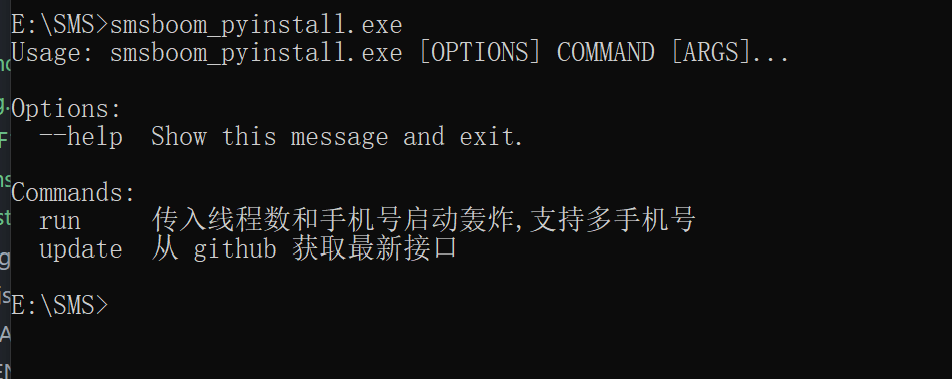
header.php一般在主题中作为头部文件引入。
header.php文件中,常见的问题(不是错误)就是在js和css文件的引入上,很多wp是在header.php中直接写上css或js的路径,如下:
<script src="<?php bloginfo('stylesheet_directory'); ?>/js/theme.js" type="text/javascript" ></script>
问题:WordPress不推荐使用bloginfo的stylesheet_directory来输出主题的uri,为什么呢?
执行bloginfo(‘stylesheet_directory’),首先是调用get_bloginfo(‘stylesheet_directory’),然后get_bloginfo函数里面根据’stylesheet_directory’参数又调用get_stylesheet_directory_uri函数,或者调用get_template_directory_uri函数。
改进:WordPress官方文档也推荐直接使用get_template_directory_uri等函数,所以改进代码:
<script src="<?php echo get_template_directory_uri(); ?>/js/theme.js" type="text/javascript" ></script>
更高级的用法:此处更高级的用法适用于你写的主题给别人用,或者发布给很多人用。
所有js和css使用wp_head钩子输出,wp默认主题也是这么做的。
<!DOCTYPE html> <html <?php language_attributes(); ?>> <head> <meta charset="<?php bloginfo( 'charset' ); ?>"> <meta name="viewport" content="width=device-width, initial-scale=1"> <title><?php wp_title( '_', true, 'right' ); ?></title> <?php wp_head(); ?> </head>
解释:
在html标签中用language_attributes函数输出语言,适用于多语言环境,也可以直接写lang=”zh-CN“或者lang=”en-US”
使用bloginfo( ‘charset’ )输出编码,直接写出charset=”UTF-8“也可。
title在新的wp主题里面标签也是不要的,直接用add_theme_support函数即可。
重点是wp_head函数,这个函数调用的各个钩子,可以输出title标签,可以输出js路径,可以输出css路径……
有了wp_head函数,在functions.php文件中用如下代码即可
function ashuwp_scripts_styles() {
//输出style.css文件
wp_enqueue_style( 'ashuwp_style', get_stylesheet_uri(), array(), '1.0' );
//输出其他路径的css文件
wp_enqueue_style( 'font-awesome', get_template_directory_uri().'/css/font-awesome.min.css', array(), '1.0' );
//输出自带的jquery
wp_enqueue_script( 'jquery' );
//输出其他路径的js
wp_enqueue_script( 'ashuwp_js', get_template_directory_uri().'/js/ashuwp.js', array(), '1.0', true);
}
add_action( 'wp_enqueue_scripts', 'ashuwp_scripts_styles' );
















![红包猎手-自动抢红包神器[2022最新破解版]-嗨皮网-Hpeak.net](https://www.hpeak.net/wp-content/uploads/2022/02/1643645959.png)



暂无评论内容